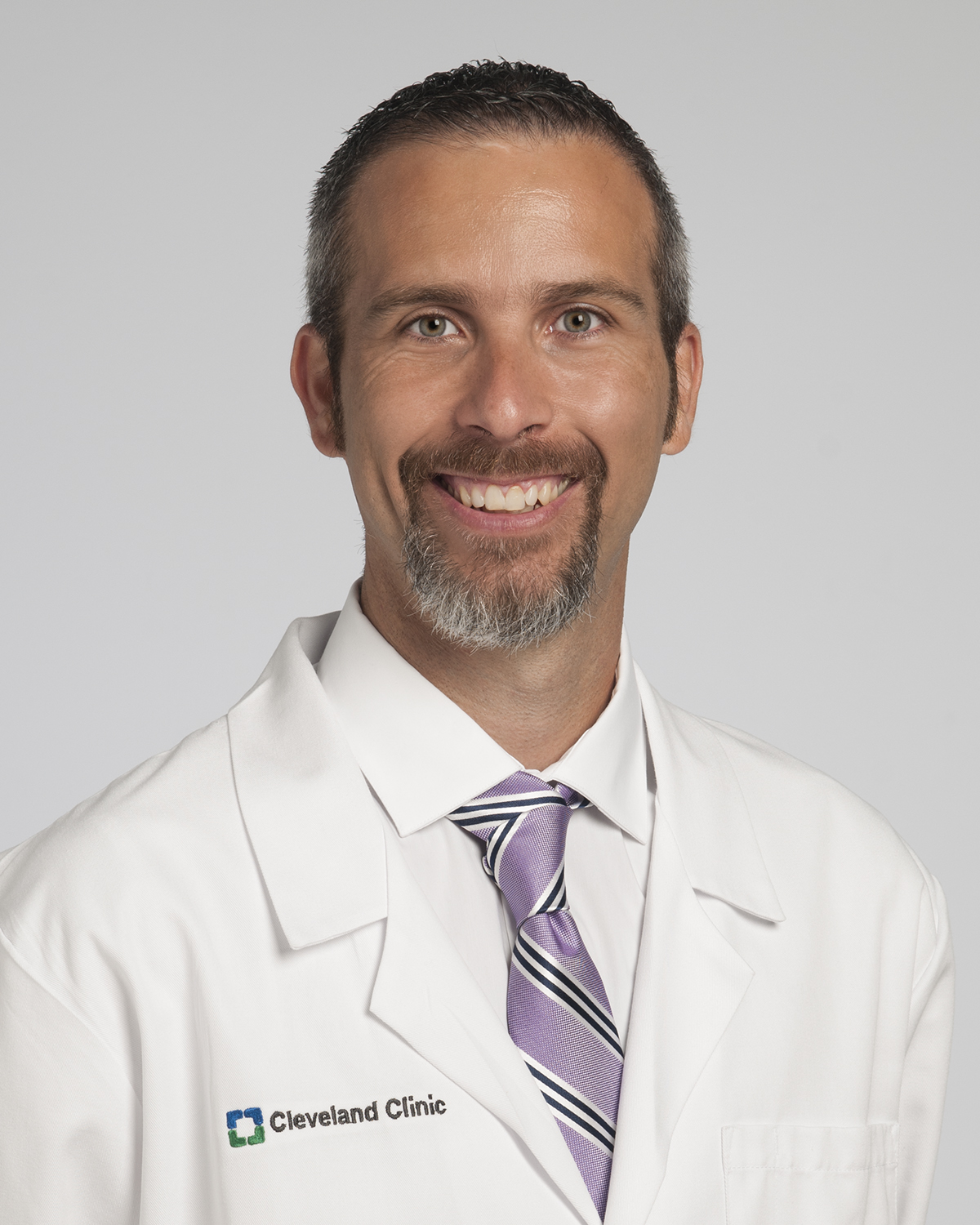An interview with Dr. Ignacio Mata, Neurogeneticist & World Parkinson’s Congress Science Ambassador: The kid that always wanted to be a scientist on October 30, 2023 by George Ackerman, Ph.D, J.D.
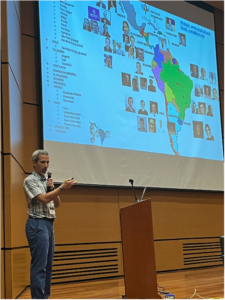
Biography
I am a neurogeneticist trying to better understand the genetics of neurological disorders, especially Parkinson’s Disease. I am currently an Assistant Staff at the Genomic Medicine Institute, Cleveland Clinic and Assistant Professor at Case Western Reserve University. I have a passion for research, and about bringing research to all patients regardless of where they live.
Please tell me a little about your background.
I come from a midsize town in the North of Spain where I fall in love with biology at an early age. I went to college to study biology and there I found genetics. This was in the early 2,000’s right before scientists managed to sequence the first human genome. Knowing how hard is to be a scientist in my home country I decided I was going to have to go abroad if I wanted to follow my dream.
Can you tell me more about your advocacy?
United by language and culture, I saw a need in Latin America for resources and training to improve research in the region, so I became extremely passionate about collaborating and finding ways to help research in underrepresented populations.
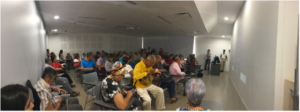
What is your passion and how did you get involved in Parkinson’s awareness and hope for a cure?
I started working on Parkinson’s disease because of the patient support group in my hometown. Association Parkinson Asturias is the name of the group and the individuals who lead the efforts understood how important research was to find the cure. Since there was a lack of funding for PD research they decided to create and fund a research fellowship. I was their first fellow in 2000 and since then there have been almost 10, funded in part by the patients and in part by private donors. The relationship I had (and still have) with this organization was my motivator and my motor to pursue and continue my career in the PD field.
What type of goals do individuals with Parkinson’s have when working with you?
I think they just want to learn more about genetics and why that is important for funding a cure. Then they always want to know how they can help.
What type of training and how long are the programs?
Our research visit usually takes 1-2 hrs., where we ask about demographic and lifestyle questions, and we take a biological sample that we use to extract the genetic material and perform genetic testing.
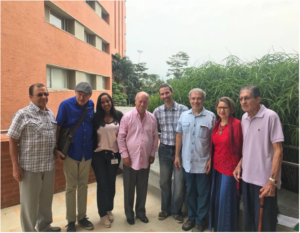
What effect can your advocacy have on an individual with Parkinson’s?
As I said I want to make sure that any patient understand what research is, and if want to has the opportunity to participate, regardless of where they live. This will allow us to better understand the disease in all populations and hopefully reduce the health disparities between high income and low/middle income countries.
What would you like to see as a future goal for your advocacy?
I want to bring new therapies to all the countries we work with, as well as easier access to genetic testing locally.
What events do you participate in?
In addition to my scientific meetings, I take every opportunity I have to attend events with patients to educate them about research and encourage them to participate. I do a lot of events with Parkinson’s Foundation where I work in the PDGENE Latino advisory Council.
I also love the World Parkinson’s Coalition (WPC) meeting, where we have the opportunity to get together with experts in the field and patients and discuss research and life. It is a unique experience that all PD researchers should experience.
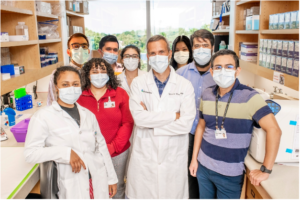
How does your advocacy also assist the caregivers?
I think the caregivers are very important in the process, as many times are the ones accompanying the patient on their visits (clinical and research). Also, we need healthy individuals for our genetic studies, so they are also a very important part of finding the cure.
How can someone get in touch? What is your website?
My email is a great place to start (matai@ccf.orf). Our lab has also a website: https://www.lerner.ccf.org/genomic-medicine/mata/
For our Latin American project www.large-pd.org
How can others also become advocates for awareness?
Advocates to research, participating and telling others about their experience and why is important to be part of the process finding the cure.
How can we better fundraise to support a cure for Parkinson’s?
Be active, participate in research, and try to be knowledgeable about your disease.
We also need to advocate for affordable equal access to treatments in middle/low-income countries.
In your opinion, what is the key to effective advocacy?
Passion
Why should people who don’t have Parkinson’s care about this?
As I mentioned they are part of the process to find a cure, and we also need more people who have not been affected by PD to know more about the disease and tell others. There are still many parts in the world where they think Parkinson’s is caused by the person doing something wrong, or witchcraft, and many people go undiagnosed and untreated because of this.
If you had one final statement or quote you could leave for the Parkinson’s community, what would it be?
To have hope. We have a lot of smart people working on it and although is a very complex disease our goal is to improve treatments and hopefully soon be able to slow or stop the disease.
But to do this we all need to work together. In fact, the field of PD is setting the example for other diseases on how global collaborations are possible. For more information about this check out https://gp2.org/about-gp2/

